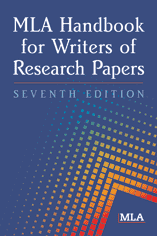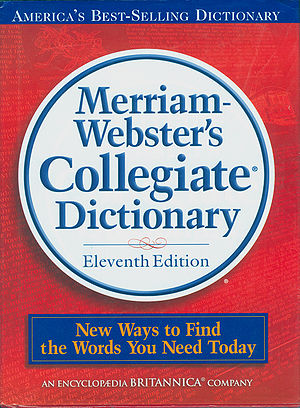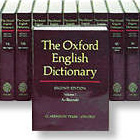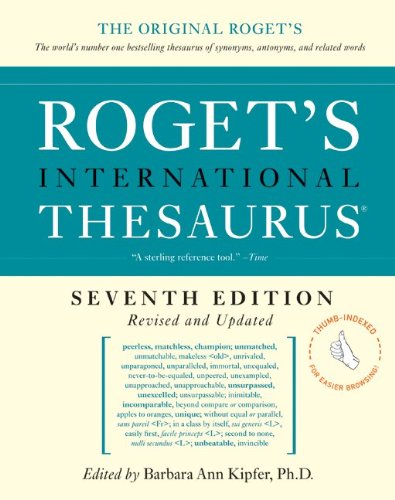| Announcements |
!
Course Evaluation:
This course is reviewed by the department
every academic year to consider changes to the teaching
team, coordinators, course structure, content and offering
schedule, among other things. Your comments, giving us the
learners' perspective, are helpful in making our decisions
and policies. Please give feedback on our class this
semester to help us learn what worked or didn't work, what
new things we could try, and other improvements we can
make to this required course for the English major and
elective for non-majors. Thanks!
! Section 1 Final Paper Due Date Extension: The deadline for handing in the final paper for our class has been extended to Tuesday, May 10, 2016 at 4 p.m. Submit your paper as a Word or PDF file on turnitin.com. ! Section 1 Reading Response 3 Return: You should receive your scanned response 3 with comments by e-mail, unless I can't find your e-mail address. ! Guest Speaker Create-a-Card: The blank card paper for you to transform into something for our March 31 course guest, Captain William S. Whorton, is at the Department of English Office (BRK 1110). I plan to give it to him on Thursday, May 12, 2016, so if you would like to add your contribution, please ask the staff for it and do your thing before the morning of May 12. ! Perceptive Poems: After reviewing our reading skills and expanding our literary repertoire and methods for approaching these texts in the first half of the semester, in the second half we explore cases that themselves are critical and analytical to try out our developing analytical muscles. Emily Dickinson's short poems always pack a punch, emotionally and intellectually. She wrote to ask Thomas Higginson, after he published an article encouraging new writers, for his feedback on whether her poetry was "alive" and "breathed." Using some of her forms like riddles and definitions, write your own poem that looks sharply at something. Share your piece on Roundtable Conversation. ! "My Education" Creative Challenge: You are invited to share your Week 2 experience à la Sherman Alexie's "Indian Education." Post your reply story on Roundtable Conversation. |
|
| Course Outline |
Class Time: M 11–12:30, Th 8–9:30
Required Texts
Requirements and Expectations
|
|
| Studying Literature |
|
|
| Writing |
|
|
| Links |
Electronic
Databases
|
|
| Essential References |
|
MLA Handbook for Writers of Research Papers. 7th ed. New York: Modern Language Association of America, 2009. Print. |
|
|
Merriam-Webster's Collegiate Dictionary. 11th ed. Springfield, MA: Merriam-Webster, 2003. Print. | |
|
|
Oxford English Dictionary. 2nd ed. 20 vols. Oxford: Oxford UP, 1989. Print. | |
|
|
Roget's International Thesaurus. 7th ed. Ed. Barbara Ann Kipfer. New York: Harper, 2010. Print. | |
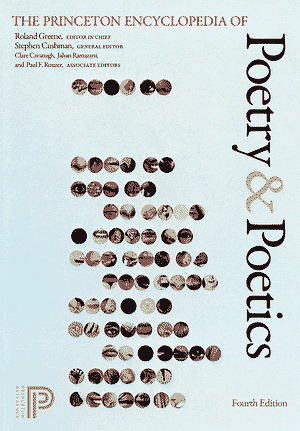 |
The Princeton Encyclopedia of Poetry and Poetics. 4th ed. Eds. Roland Greene, et al. Princeton, NJ: Princeton UP, 2012. Print. | |
